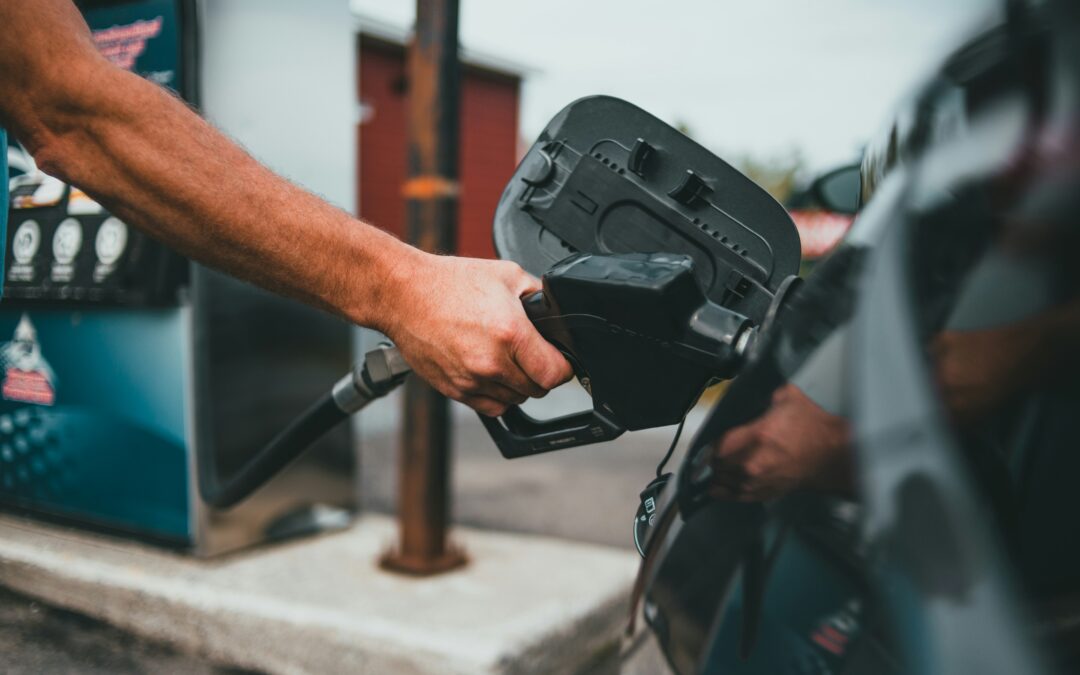New Jersey drivers may soon learn whether they will pay more at the pump in 2026, as state officials prepare to review the financial health of the Transportation Trust Fund (TTF) — the account responsible for maintaining the state’s vast network of roads, bridges and rail lines.
A yearly analysis, required under state law, must be completed by mid-November. The review determines whether current fuel-tax collections are keeping pace with the state’s long-term transportation spending plan, according to NJ Spotlight News.
If the assessment shows revenue falling short of what’s needed to keep projects on track, the law mandates that the per-gallon fuel tax automatically increase on Jan. 1. The state Treasury has not commented on this year’s review, but historically, any adjustment to the rate is generally announced in early December, NJ Spotlight News said.
New Jersey currently charges 44.9 cents per gallon on gasoline and 51.9 cents on diesel. Unlike a percentage-based sales tax, the state’s fuel tax is tied to the volume of fuel purchased. That means the state earns the same amount from each gallon sold, whether the retail price is low or high.
Federal fuel taxes — 18.4 cents per gallon for gasoline — are included in that pump price as well, and the federal rate has remained unchanged since the early 1990s.
As of Monday, Nov. 17, the average price for a gallon of regular gasoline in New Jersey stood at $3.034, according to AAA. That is slightly above the statewide average at this time last year, $2.91.
AAA also reports that Cape May County is currently seeing the highest fuel prices in New Jersey.
While the annual review can lead to a tax decrease, changes enacted last year make stable or rising tax rates more likely.
Gov. Phil Murphy and Democratic lawmakers agreed to revise the formula in 2024 when they extended the Transportation Trust Fund for another five years. That renewal authorized more than $10 billion in transportation projects and added several revenue-generating measures meant to shore up the fund.
Among those changes was a new annual fee for drivers of zero-emission vehicles, introduced to counter the declining fuel-tax revenue that comes as more motorists shift to electric cars, according to the Bergen Record. The fee started at $250 last year and increases by $10 each year until reaching $290 in 2028.
The trust fund relies on several revenue streams in addition to the fuel tax and the EV fee. A portion of the state sales tax and contributions from toll-road authorities also help pay for infrastructure upgrades. The fuel tax itself is made up of two separate state taxes: the motor-fuels tax and the petroleum products gross receipts tax, according to NJ Spotlight News.
Another legislative change in last year’s reauthorization moved the timing of the annual analysis from August to November. Under the previous schedule, any increase resulting from the review began each October — a start date that often fell weeks before state Assembly elections. Now, any adjustment takes effect on Jan. 1, after the election cycle has ended.
New Jersey’s fuel-tax rate ranked eighth-highest in the nation earlier this year, according to data from the Tax Foundation. California leads the country with the highest state fuel tax, while Alaska maintains the lowest.
With billions of dollars in transportation investments underway and higher revenue targets already written into law for the next several years, fuel-tax discussions are expected to remain part of New Jersey’s political and economic landscape — and motorists are likely watching closely as the next decision approaches.
Julia graduated from Rider University in 2024 with a BA in multiplatform journalism and minor in social media strategies. In addition to reporting on local news for Shore Local, she is a social media strategist for small businesses. Connect with her: shorelocaljulia@gmail.com or @juliatrain on Instagram.













